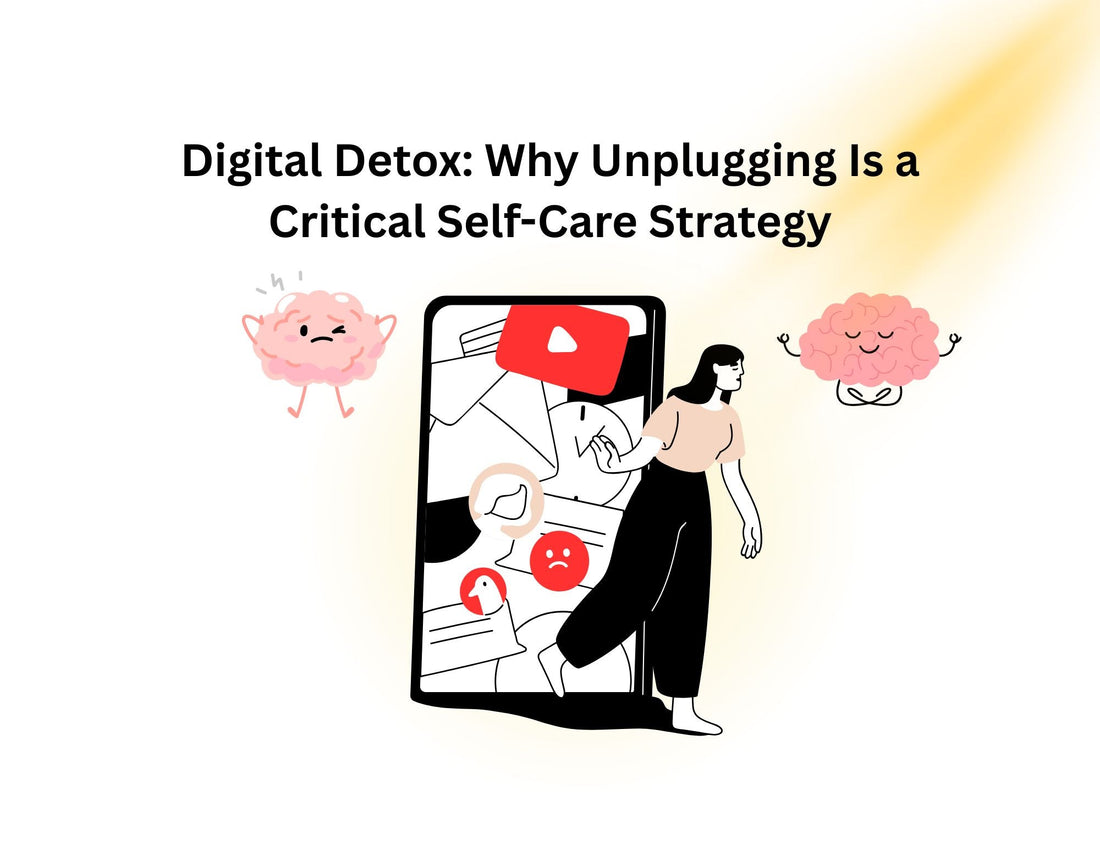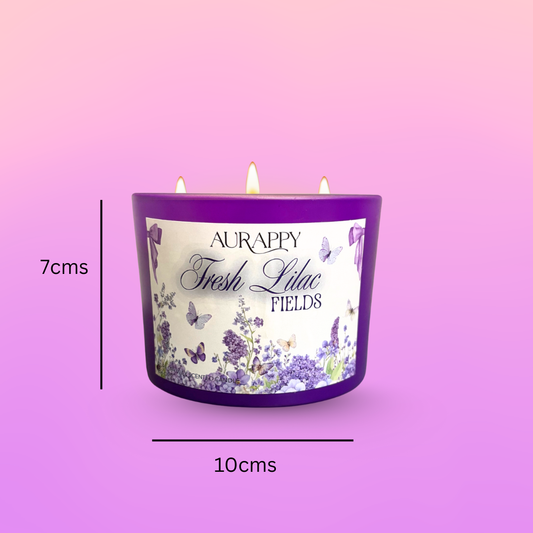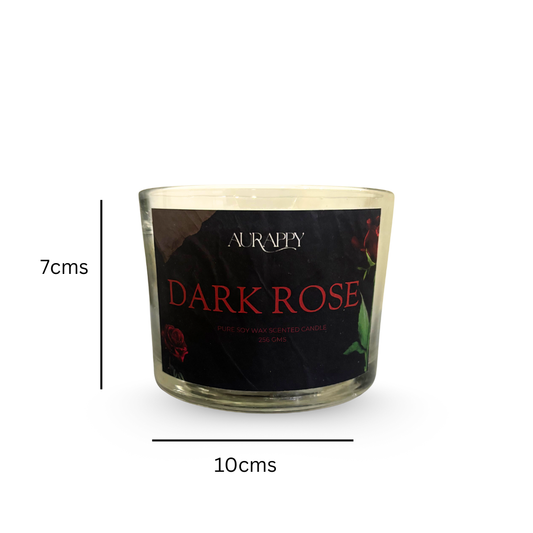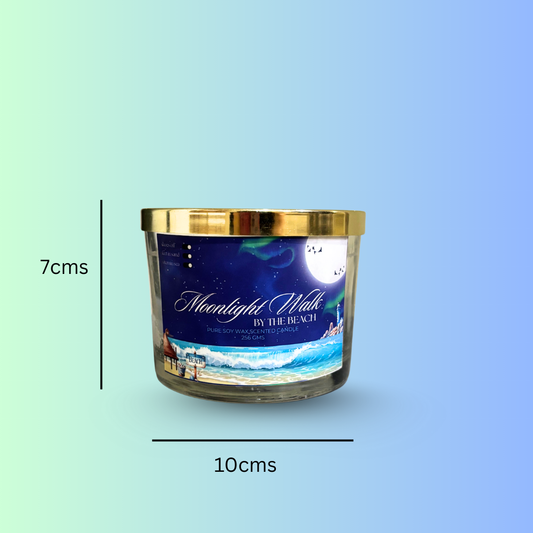
Digital Detox: Why Unplugging Is a Critical Self-Care Strategy
Nikita JaisinghaniIt starts small. You check one message before bed. Then another. Next thing you know, you're knee-deep in reels, notifications, or emails that couldn’t wait until morning. Your body’s in bed, but your brain is still scrolling. And when you finally try to sleep? You can’t.
Sound familiar? You’re not alone.
We’re living in a world designed to keep us plugged in. From the moment we wake up to the second we crash, screens dominate our attention. And while technology is undeniably powerful, our constant connection is quietly draining us mentally, physically, and emotionally. That’s where the concept of a digital detox comes in.
It’s not about quitting your phone forever. It’s about giving yourself permission to pause, reset, and reclaim time for what actually matters. Your mind, your health, your relationships.
What Is a Digital Detox, Really?
A digital detox is the simple act of intentionally stepping away from screens and online distractions. It could mean going tech-free for a few hours every evening, unplugging on weekends, or deleting specific apps that drain your focus.
It’s not a rebellion. It’s recovery.
And for many of us, it’s becoming non-negotiable. Why? Because we weren’t built to live like this.
The Cost of Constant Connection
Let’s get honest. All this “connectedness” is exhausting. We are reachable every minute of the day, bombarded by updates, ads, messages, and noise. And we’re paying the price.
Stress and Anxiety
Studies show that heavy screen time, especially social media, raises cortisol levels and increases anxiety and depression.
Poor Sleep
Screens suppress melatonin and delay our natural sleep cycle. Using them before bed has been directly linked to insomnia and shallow rest.
Weaker Focus
Every ping, ding, and scroll fractures our concentration. Research even shows that just having your phone nearby lowers your ability to focus.
Strained Relationships
Phone-snubbing is real. Nearly half of couples say screen time has affected their connection. And when devices compete with people, we all feel it.
What Happens When You Unplug
The brain is built to recover. When you unplug, even briefly, you start to feel the shift.
Better Mental Health
Without the noise of endless content and comparisons, your thoughts begin to quiet down. Studies show mood improves, stress drops, and anxiety becomes easier to manage.
Deeper Sleep
Turning off screens in the evening lets your body return to its natural sleep rhythm. People fall asleep faster, rest better, and wake up more refreshed.
Sharper Focus
Unplugging rebuilds attention. Instead of switching between five things at once, you start to work with presence and depth.
Stronger Connections
Real conversation returns. You make eye contact, share laughs, and enjoy being with someone without needing to capture it for your stories.
Simple Ways to Start Your Digital Detox
You don’t need to vanish for a week. Start small. Stay consistent.
Set Boundaries
No screens during meals. Create a buffer before bedtime. Let mornings begin without tech.
Create Tech-Free Zones
Make your dining table or bedroom a phone-free space. Give your brain a place to relax.
Turn Off Unnecessary Notifications
Silence the noise. Keep only what’s essential. You don’t need 17 alerts an hour.
Use Apps That Support You
Try screen time trackers or app blockers. Let tech help you spend less time on tech.
Replace Scrolling With Something Better
Light a candle and Read, journal, stretch, paint, or talk. Fill your time with real-world experiences.
Try a Challenge
Go screen-free for one evening a week. Or take a full day offline and notice how you feel.
Final Thoughts: You Deserve a Pause
Digital detox is one of the simplest yet most powerful ways to reset your life.
You don’t need to disconnect forever. Just enough to feel like you again.
Every time you put your phone down, you pick yourself back up. That’s not just self-discipline. It’s self-respect.
So tonight, unplug. Let the quiet in. Reconnect with your senses, your breath, your world.
Because life, in its best form, is happening offline.









